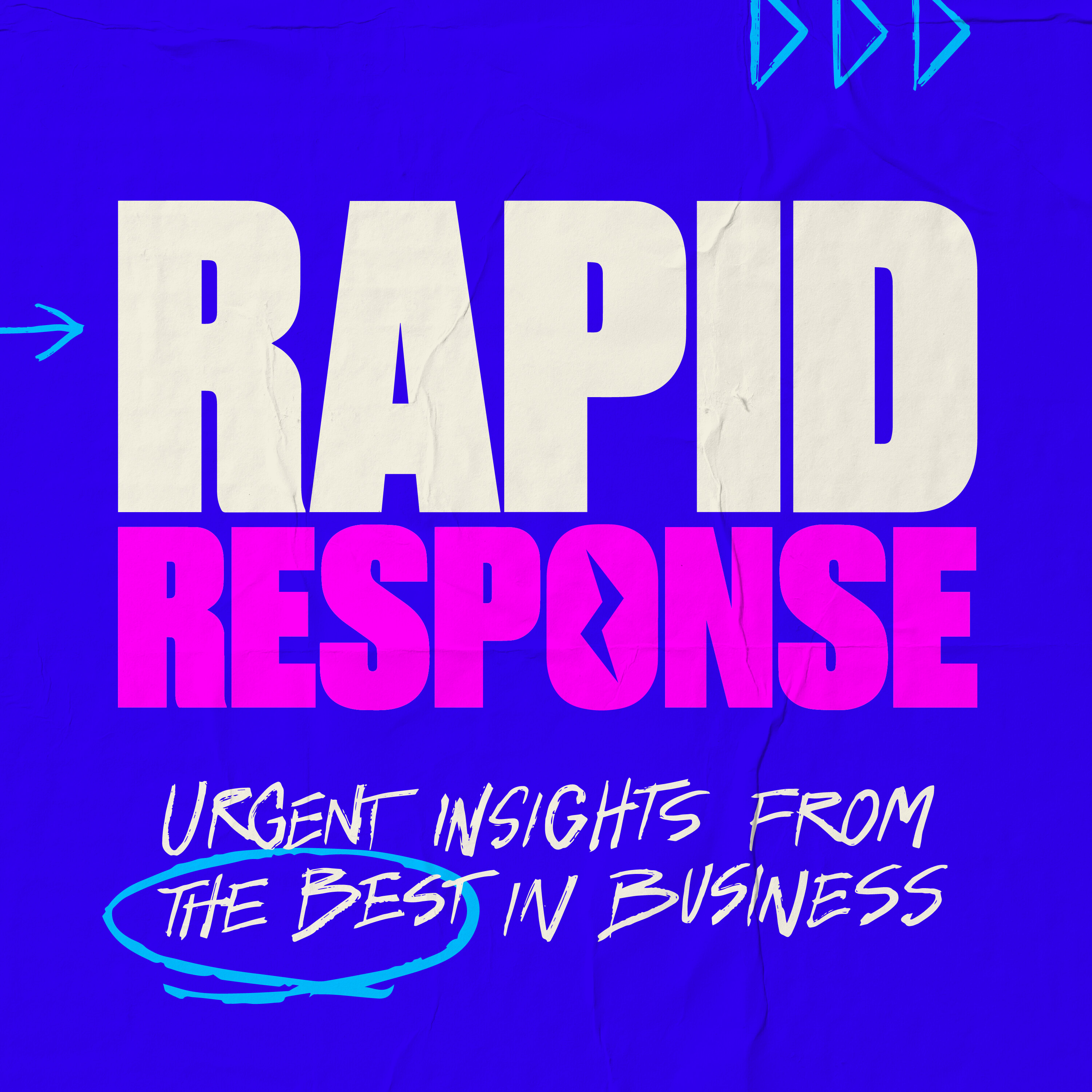
Rapid Response: Why Apple defies gravity and AI is God, with Guy Kawasaki, host of Remarkable People

Masters of Scale
Deep Dive
Why is it important for leaders to say 'I don't know'?
Saying 'I don't know' builds credibility because it implies that when you do claim knowledge, it's genuine. It also fosters an environment of curiosity and openness.
How does AI compare to the human brain in terms of understanding?
We don't fully understand how the human brain works, yet we trust it. Similarly, we don't need to fully understand AI to trust it, as long as it delivers reliable results.
What does Guy Kawasaki mean when he says 'AI is God'?
Kawasaki believes AI is nearly omniscient and potentially omnipotent, qualities that resemble a divine entity. He argues that AI's intelligence and problem-solving capabilities could be the key to solving societal issues.
How does Guy Kawasaki define the role of a chief evangelist?
A chief evangelist brings 'the good news' about a product or service, highlighting its benefits and how it improves people's lives, without necessarily being the expert on the technology behind it.
Why does Guy Kawasaki think Apple's success is hard to explain?
Kawasaki believes Apple's sustained success defies conventional understanding, likening it to a miracle that can only be explained by the existence of a benevolent God.
What advice does Guy Kawasaki give about entrepreneurship and timing?
Entrepreneurship is like surfing; you must choose the right wave and time your launch perfectly. However, once you launch, you must adapt and make the best decisions possible, understanding that not all attempts will succeed.
What does Guy Kawasaki consider remarkable in modern life?
Kawasaki defines remarkable as making the world a better place, regardless of scale. It could be as simple as improving someone's life in a small community or as grand as revolutionizing technology.
- Apple's continued success is a mystery, even to insiders.
- Kawasaki believes AI is incredibly intelligent and has the potential to solve many of society's problems.
- He compares the impact of AI to that of a divine entity.
Shownotes Transcript
Apple defies gravity, and AI is Divine. That’s how Guy Kawasaki, who worked closely with Steve Jobs and is now chief evangelist at Canva and host of the podcast Remarkable People, describes the state of tech now. Guy argues that Jobs would thrive in today’s business climate, muses about Tim Cook’s limitations, and explains what he means when he says “AI is God.” Plus unconventional advice about what it means to be remarkable in modern life, and why entrepreneurship is like surfing in the ocean.
For more info, visit: www.rapidresponseshow.com)
See Privacy Policy at https://art19.com/privacy) and California Privacy Notice at https://art19.com/privacy#do-not-sell-my-info).